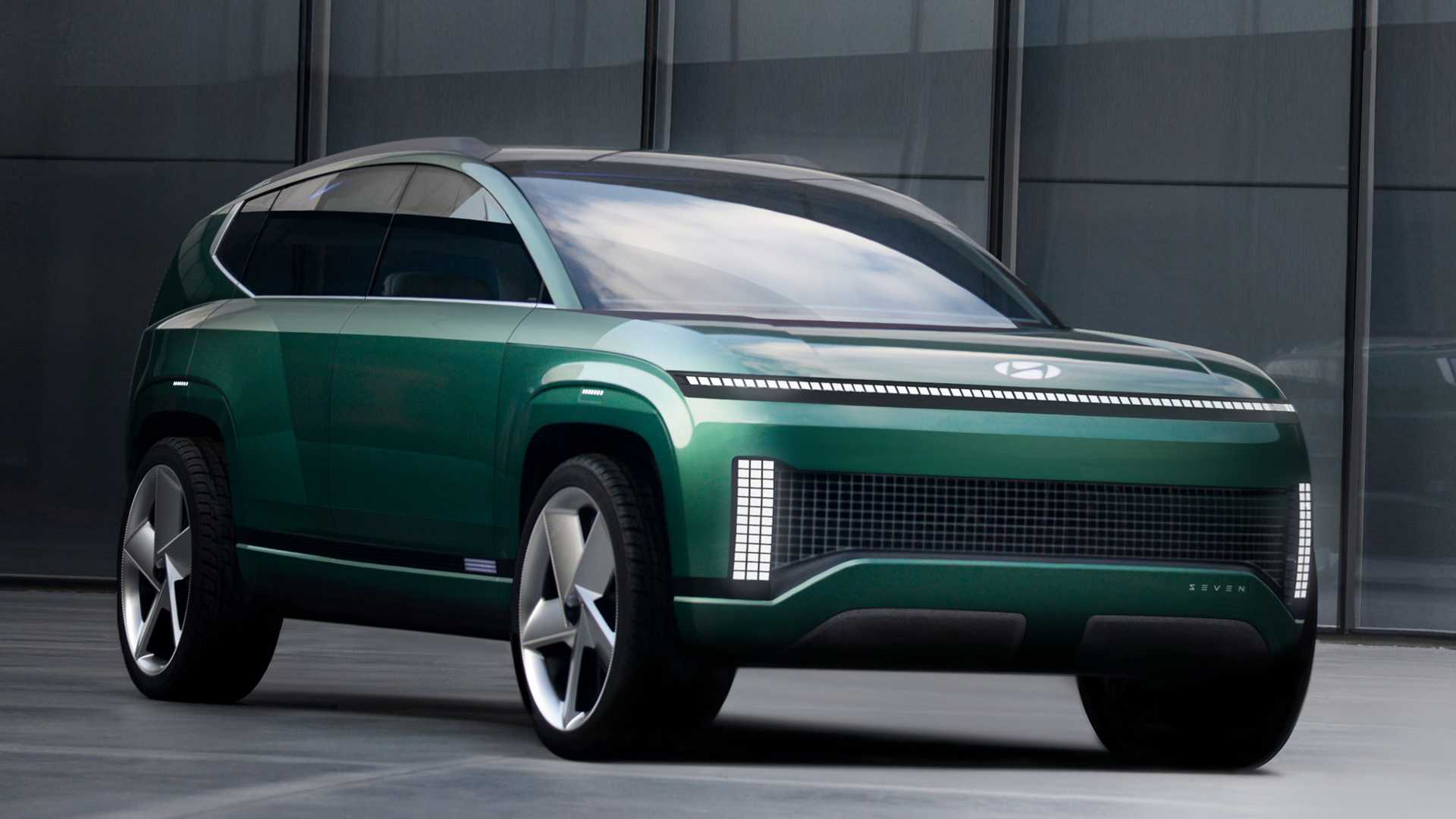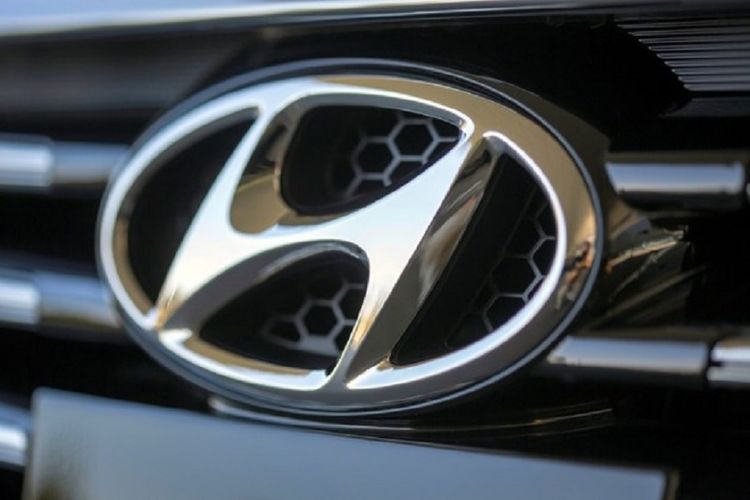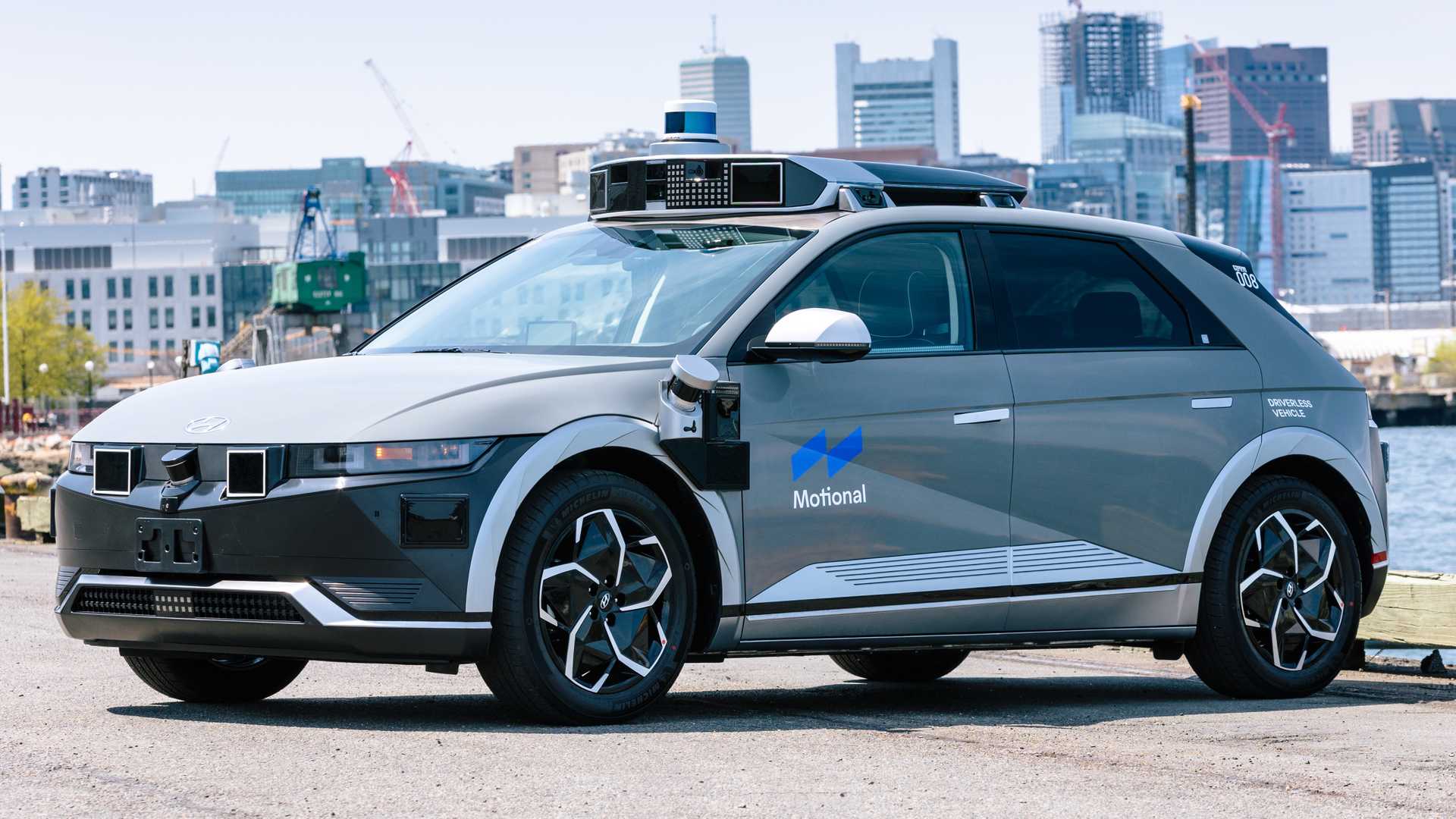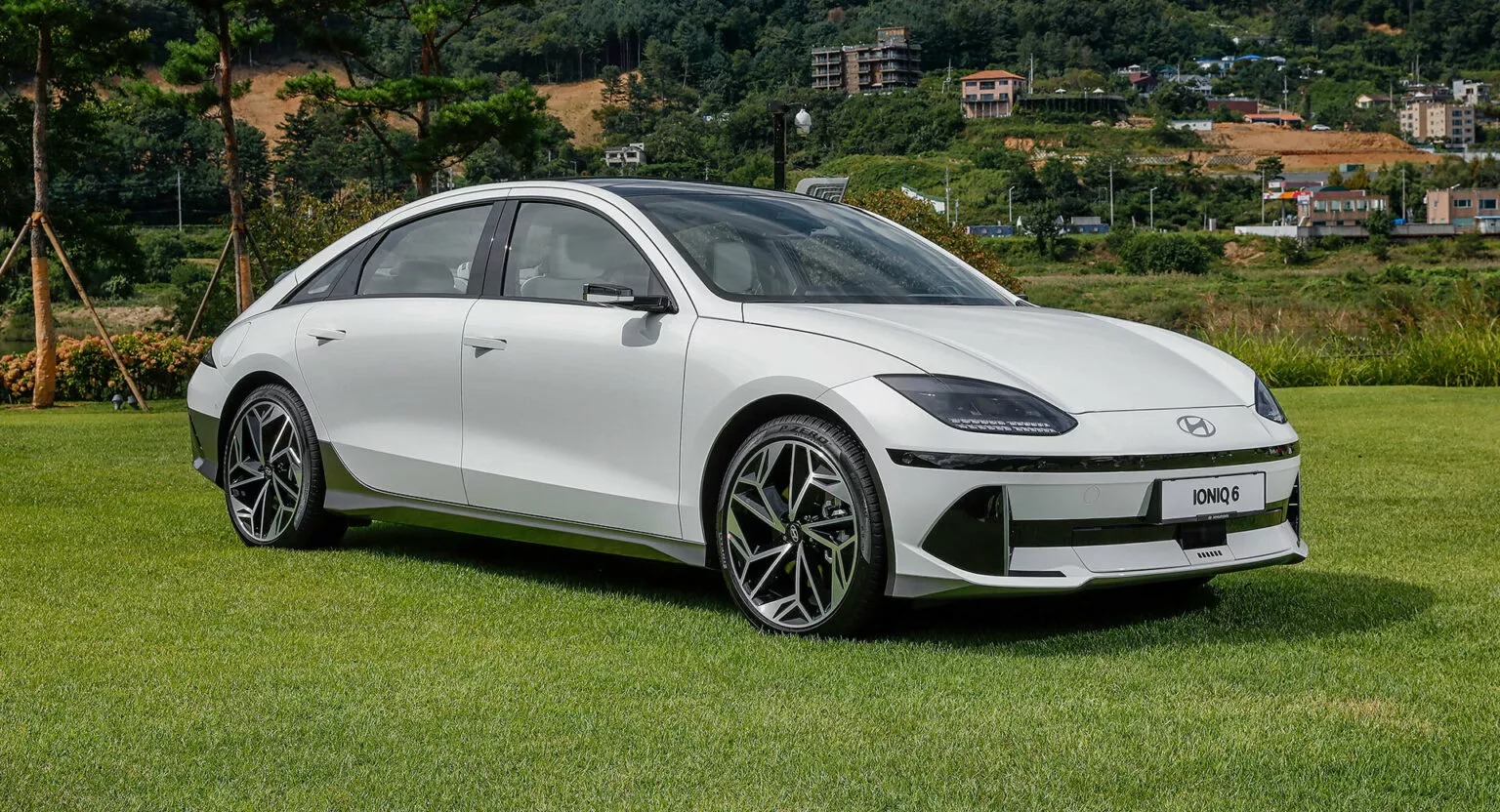Hyundai recently initiated the construction of its training center, named the Hyundai Mobility Training Center, in Georgia, aimed at bolstering support for the electric vehicle (EV) market in the United States. Operated by Georgia Quick Start, the center aims to provide specialized training for the automotive sector.
During the groundbreaking ceremony, Quick Start’s deputy commissioner, Scott McMurray, emphasized the collaborative effort behind the milestone, stating, “Quick Start’s success relies on partnerships, and today’s groundbreaking and training plan signing couldn’t have happened without all of you here today. A groundbreaking can appear to be the first step. But, this milestone has been reached only after months of vigilant, rigorous, and creative effort by our team and our partners.”
See also: Hyundai and Kia Test “Active Air Skirt” for EVs to Enhance Range and Aerodynamic Performance
The training center will cater to employees of Hyundai Motor Group Metaplant America (HMGMA) and affiliated companies, including Mobis, Clovis, and Tansys, focusing on skill development tailored to the evolving demands of the EV market.
Situated near the HMGMA site in Bryan County, Georgia, the training center is strategically located to complement Hyundai’s broader expansion plans. The HMGMA, currently under construction and set for completion in late 2025, is anticipated to create over 8,000 jobs upon operationalization.
Hyundai’s decision to expedite the construction of its $7.6 billion EV battery production plant in Georgia last year was prompted by the EV tax incentives under the Inflation Reduction Act (IRA). The establishment of the battery factory, alongside the HMGMA, is expected to bolster Hyundai’s eligibility for the IRA incentives.
See also: Hyundai Expands Certified Used Car Business to Include Electric Vehicles
In 2023, Hyundai and Kia, subsidiaries of the Hyundai Motor Group, secured the second position in US electric vehicle sales, trailing behind Tesla. This achievement marks a significant shift from their previous reputation, with their EVs now recognized for their quality and affordability compared to Tesla equivalents. According to Troy Stangarone, Senior Director at the Korea Economic Institute of America, this transformation has contributed to a notable surge in sales for the South Korean brands in the US market.






